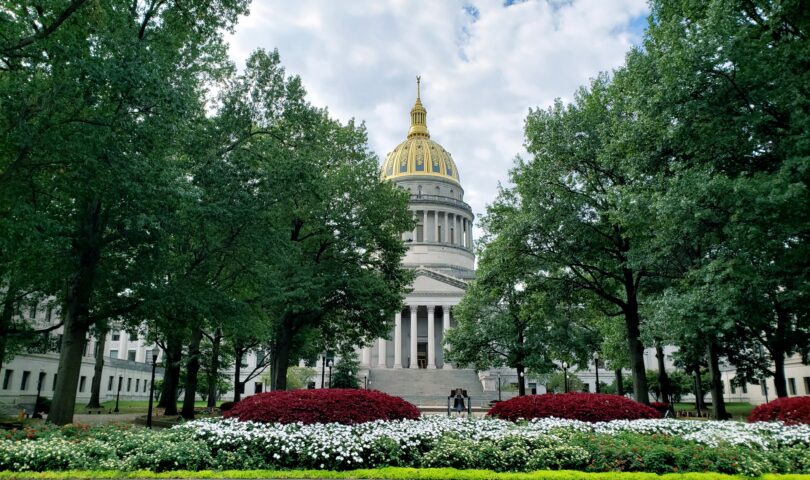MORGANTOWN — The House Finance Committee approved the governor’s tax cut bill and sent it to the full House of Delegates on Tuesday. It saw its first reading on the House floor and is on second reading with a list of amendments pending on Wednesday.
HB 301 keeps the state’s five personal income tax brackets the same but proposes rate cuts for each bracket.
For individuals and couples filing jointly, the rate for incomes up to $10,000 will go from 3% to 2 %. For above $10,000 to $25,000, it will fall from 4% to 3.7%. The tax would be $200 plus 3.7% for income above $10,000.
For over $25,000 to $40,000, it falls from 4.5% to 4.2% and the tax would be $755 plus 4.2% for income above $25,000. For over $40,000 to $60,000, the rate falls from 6% to 5.5% and the tax would be $1,385 plus 5.5% of income above $40,000.
For over $60,000, the rate goes from 6.5% to 5.98% and the tax would be $2,485 plus 5.98% of income over $60,000.
Looking at how much the rates change, incomes of $10,000 see a 33% cut; $25,000, 16%; $40,000, 12%; $60,000, 10%; $100,000, 9%; $500,000, 8%.
During questioning, the delegates learned that if it passes and takes effect, taxpayers would see a change in their withholding for subsequent paychecks. Any past reductions would be made up upon filing.
Revenue Secretary Dave Hardy and Deputy Revenue Secretary Mark Muchow said the bill will cost about $255.2 million.
About one third of the state’s taxpayers fall in the top bracket, they said, and that group would see the biggest relief in terms of actual dollars — realizing about two thirds of the total benefit.
Delegate Larry Rowe, D-Kanawha, proposed an amendment to eliminate the rate reduction for the top bracket.
He viewed the rate cuts in terms of absolute dollars rather than percentages. He said that under the bill, a household in the second bracket will see a savings of $107; the third bracket, $203. Millionaires would see a tax break as high as $11,000.
Under his amendment, the top bracket would still see a savings of about $290, but wouldn’t realize the windfall of the rate cut.
“Someone making $3 million a year isn’t going to feel an $11,000 bump in their income, he said. “That’s pretty equitable relief for everybody.” And the state would keep about $100 million, which could be used for such things as repairing schools.
He also echoed the caution first circulated by the West Virginia Center for Budget and Policy, that the governor’s proposal relies on one-time federal COVID funds that are padding the budget. “In the future, we’re going to have issues with what we’re going to be able to afford.”
Committee vice chair Vernon Criss, R-Wood, opposed the amendment. “The opportunity we’re trying to create here is for all of us,” he said. Small businesses and family owned businesses deserve the opportunity to enjoy a full tax cut. The state has failed to adjust the tax brackets for decades and is behind on helping the average taxpayer.
Rowe’s amendment failed overwhelmingly in a voice vote. Then, in a voice vote on the bill, Rowe supplied the only vote against.
Hallway talk indicates the House will pass the bill but it’s likely to see changes in the Senate.
Senate action
Also on Tuesday, the Senate unanimously passed SB 3001 and sent it to the House.
The bill mandates insurance coverage for vasectomies and tubal ligations. It prohibits prior authorizations, waiting periods and multiple office visits. It codifies that adoptive families may access early intervention programs offered through the Department of Health and Human Resources. It doubles the adoption tax credit from $4,000 to $8,000. And it removes the current prohibition for licensed pharmacists to dispense self-administered contraceptives to anyone under 18.
An amendment to the bill creates a special revenue account for local health departments to provide free contraceptives to help the working poor.
TWEET David Beard @dbeardtdp
EMAIL dbeard@dominionpost.com




